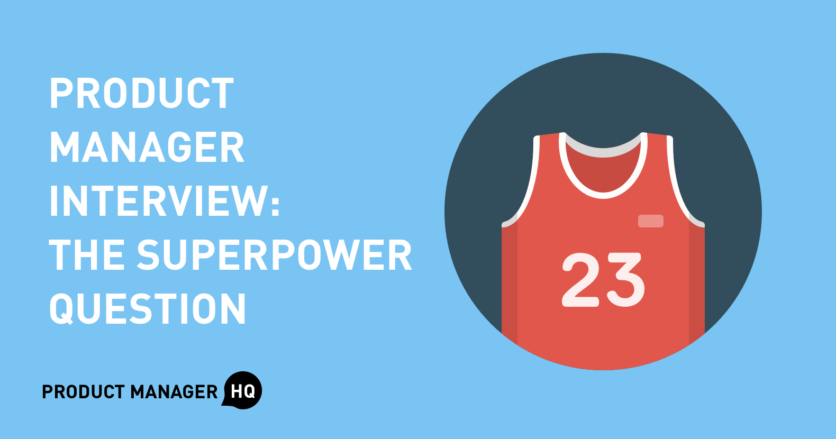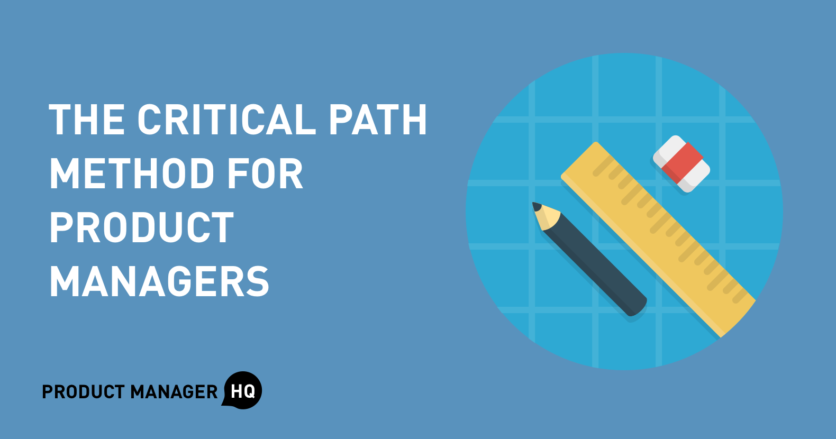One question I’ve regularly encountered as part of the product manager interview is the superpower question. This question usually looks like the following:
“What is your superpower as a product manager?”
I’ll admit, the first time I got this question, I was totally caught off guard! Because I wasn’t adequately prepared to address the question, I floundered for an answer – and of course, I didn’t make it any further for that particular interview.
Since then, I’ve learned that it pays to be prepared to answer the superpower question as part of the product manager interview. After all, employers love to ask this question for multiple reasons!
Why Employers Love Asking the Superpower Question
First, employers want to understand whether you have self-awareness. A self-aware product manager understands their strengths and weaknesses, and self-aware product managers are also more likely to be aware of the strengths and weaknesses of their teammates.






